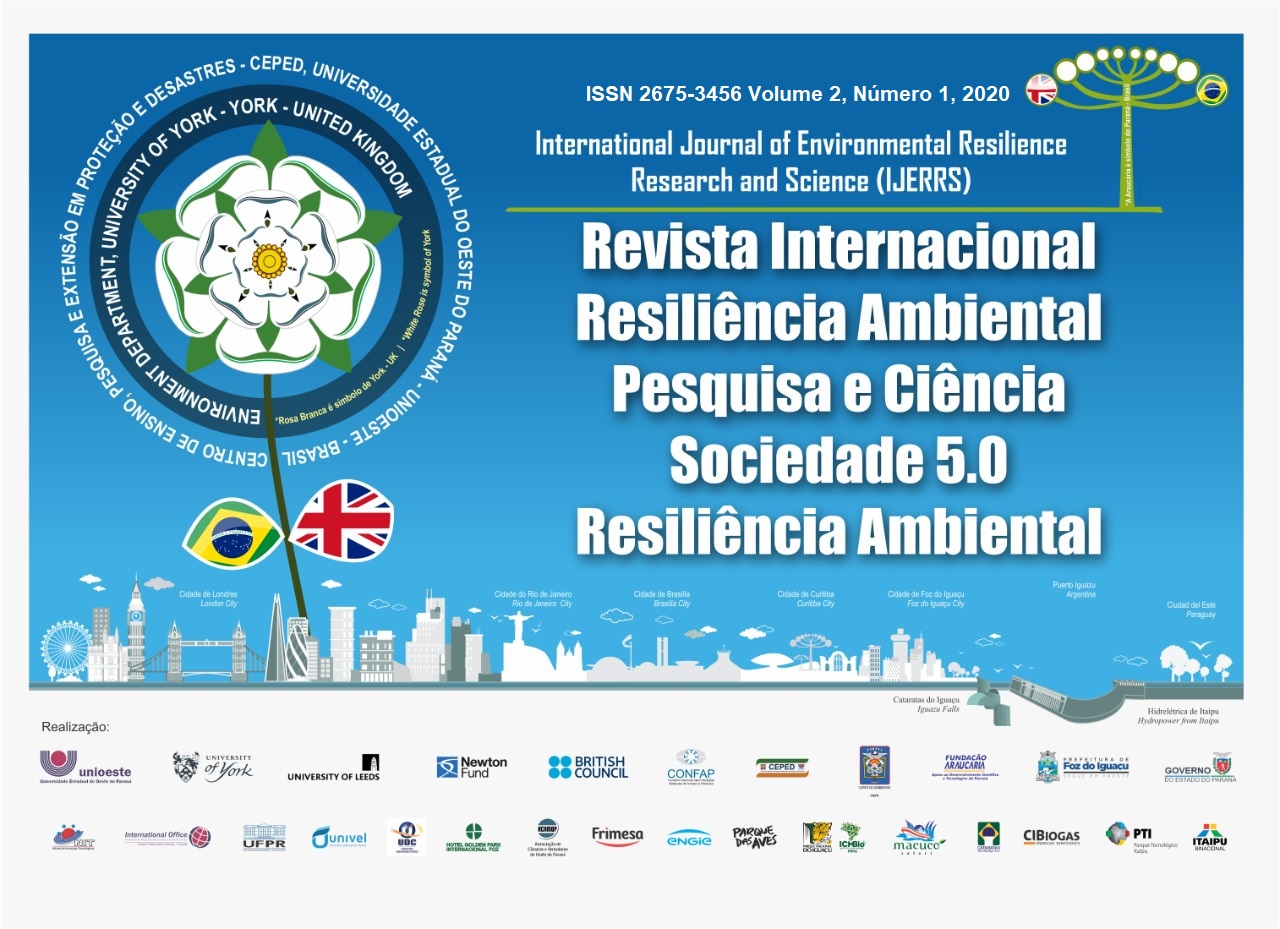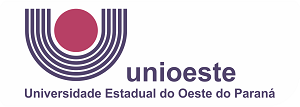SUSTAINABILITY: WHAT ARE WE LOOKING FOR? - EDITORIAL
DOI:
https://doi.org/10.48075/ijerrs.v2i1.27060Keywords:
Journal IJERRS, Climate resilience network, Cosmocene Ecology, climate changes, food and nutritional security – SANAbstract
Sustainability is a very widespread concept in recent decades, with growing interest among academic researchers. Considering the environmental imbalance and the climatic changes caused by the predatory action of man, its study gains a configuration of great relevance in face of the planetary emergency. The term has been discussed by renowned authors such as Caride & Meira, 2004; Fien & Tilbury, 2002; Freitas, 2000; Garcia & Vergara, 2000; Guerra, 2009; Sachs, 2004; Meira & Sato, 2005, apud Faustino and Amador, 2019, who affirm that the various definitions of Sustainable Development, in line with the Brundtland report, are supported by a highly anthropocentric and deeply economics vision that leads “nature to be seen essentially as a resource, which is perceived as an object that man uses, explores and discards according to his needs and desires for capital accumulation (Bonnett, 2007, p. 3).
International organizations, governments, companies, communities, even people and children already refer to the term frequently. But, the question is: What sustainability is each talking about?
This is an ever-present challenge that must be pursued through community participation, studies and scientific research that can contribute to shedding light on different sectors or segments where sustainability, quality of life and improvement of living conditions are sought for all, living and non-living beings that make up this universe called “Planet Earth”.
In order to contribute to the sustainability debate, this issue was opened by the article COSMOCENA ECOLOGY: AN ECOLOGY OF DIFFERENCES “as part of Political Ecology as an expression of Environmental Ecology, which can be recognized as an Ecology of Differences”, by Pereira and Amaral, who they emphasize that the “socio-environmental pathologies of the modern scientific paradigm, and of the capitalist production mode, revealed insufficiencies both in rationality and in the way of production in managing and preserving life”.
The CHALLENGES FOR THE INTERNATIONAL RESEARCH NETWORK IN RESIDENTIAL CLIMATE DEVELOPMENT - RIPEDRC are presented by Carniatto et al who, based on the assessment of the impacts of climate change on the agricultural sector, and also on the countless urban activities, warn that “climate change is a of the great challenges of the 21st century, stressing that its consequences would make world trade and peace unstable”. That in order to face this climate emergency, the RIPEDRC Network presents the need for cooperation between the different countries immediately. And other studies...
We invite you to read, publicize and present your research to our journal
References
REFERENCES
Bonnett, M. (2007). Environmental Education and the Issue of Nature. Journal of Curriculum Studies, 39 (6), 707-721.
FAUSTINO, Manuel; AMATEUR, Filomena. THE CONCEPT OF "SUSTAINABILITY": MIGRATION AND CHANGES OF MEANINGS IN THE EDUCATIONAL SCOPE. Indagatio Didactica, vol. 8 (1), July 2016. Available from: https://bityli.com/7nsV8. Access Mar 10 2021.
Gore, A. An inconvenient truth: the planetary emergency of global warming and what we can do about it. New York: Rodale, 2006.
LEFF, Enrique. Environmental rationality: the social reproduction of nature. Rio de Janeiro: Brazilian Civilization, 2006.
Downloads
Published
How to Cite
Issue
Section
License
Aviso de Direito Autoral Creative Commons
Política para Periódicos de Acesso Livre
Autores que publicam nesta revista concordam com os seguintes termos:
1. Autores mantém os direitos autorais e concedem à revista o direito de primeira publicação, com o trabalho simultaneamente licenciado sob a Licença Creative Commons Attribution que permite o compartilhamento do trabalho com reconhecimento da autoria e publicação inicial nesta revista.2. Autores têm autorização para assumir contratos adicionais separadamente, para distribuição não-exclusiva da versão do trabalho publicada nesta revista (ex.: publicar em repositório institucional ou como capítulo de livro), com reconhecimento de autoria e publicação inicial nesta revista.
3. Autores têm permissão e são estimulados a publicar e distribuir seu trabalho online (ex.: em repositórios institucionais ou na sua página pessoal) a qualquer ponto antes ou durante o processo editorial, já que isso pode gerar alterações produtivas, bem como aumentar o impacto e a citação do trabalho publicado (Veja O Efeito do Acesso Livre).
Licença Creative Commons
Esta obra está licenciada com uma Licença Creative Commons Atribuição-NãoComercial-CompartilhaIgual 4.0 Internacional, o que permite compartilhar, copiar, distribuir, exibir, reproduzir, a totalidade ou partes desde que não tenha objetivo comercial e sejam citados os autores e a fonte.









